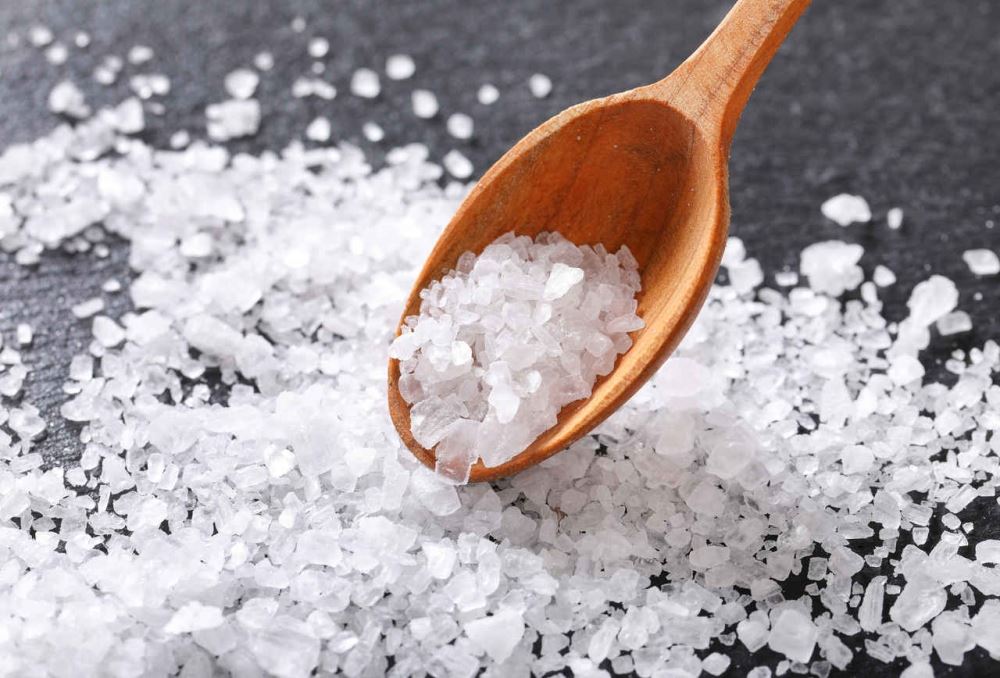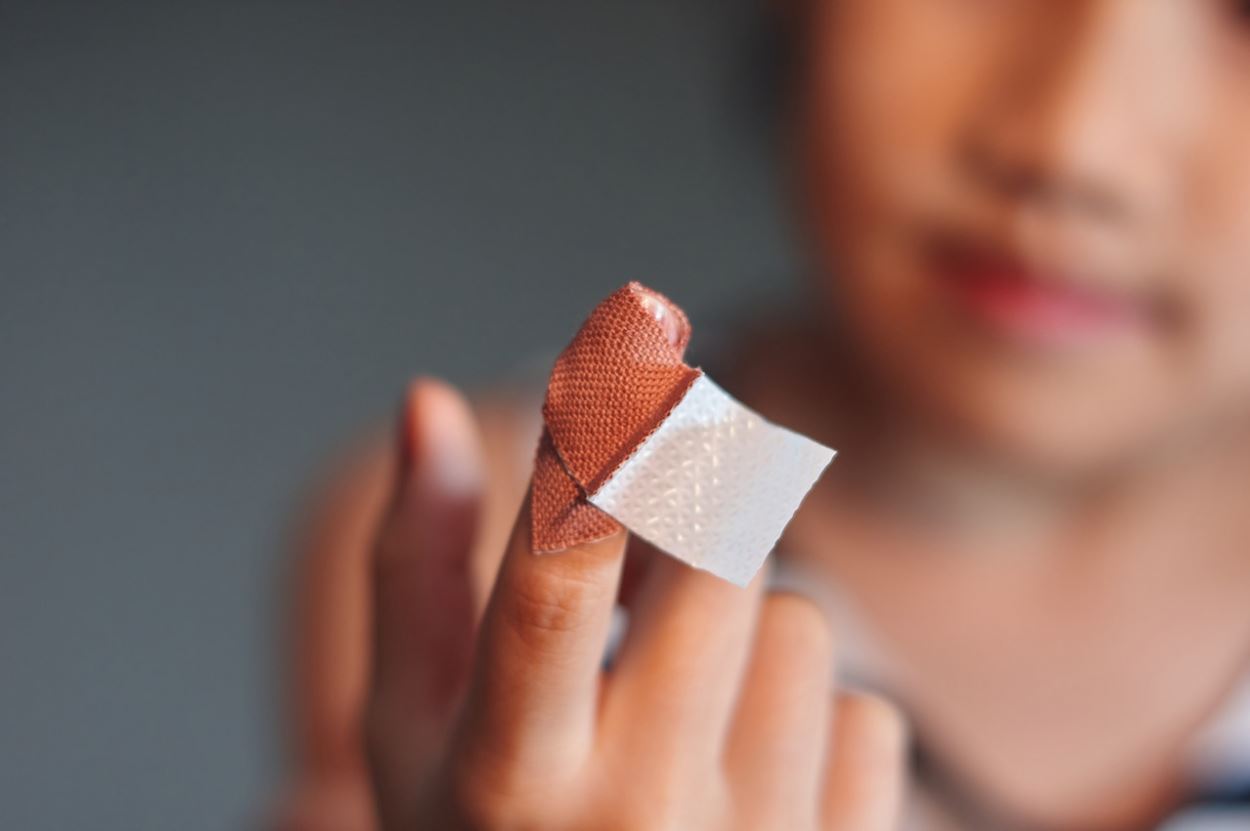Is It Safe to Use Salt on Wounds?
2021-04-30(334391)
Salt has been used for thousands of years to clean and treat wounds. Applying salt on wounds has been a life-saving solution for many patients in the times where the medical methods were primitive or situations such as war, migration, and exile where the medical means are limited.
It is no longer acceptable to apply salt directly to a wound, even tough salt is still used as a natural and efficient disinfectant in many areas of everyday life. The famous idiom “rubbing salt in the wound” actually means making a bad situation even worst. It also gives a hint not to put salt directly on the wounds.
Putting salt on a wound can lead to severe complications. The sharp and jagged structure of salt crystals may irritate the already sensitive injured area even more. In addition, putting salt on a wound directly will raise the pain. Salt water, on the other hand, has many benefits.
What Does Salt Do to Wounds?

The effect of salt on wounds can be explained by osmosis. Osmosis is the movement of water from a less dense environment to a more dense environment, through a semi-permeable membrane. Salt water vacuums the water from the cells with low salt density and causing bacteria to dehydrate and die.
Many bacterial strains are salt-sensitive because it dehydrates them and makes it difficult for them to live, grow or reproduce. However, some bacteria are halotolerant, meaning they can only get stronger as a result of salt exposure. So regularly applying salt onto the wound may help some bacteria to strengthen and invade the area more easily while destroying some other bacteria.
Although rinsing wounds with salt water may provide temporary protection until the wound is cleaned with a modern disinfectant, it's better not to take chances with your health and seek medical advice.
Salt on Wounds in Mouth
Although salt water is not a good solution for wounds on the skin, it is quite useful against mouth sores and throat infections. Many bacteria, especially those living in the mouth such as Streptococci and other mouth-dwelling species, are salt-sensitive.
A sore throat may be relieved by gargling with salt water. Canker sores can benefit from a salt water rinse to relieve pain and encourage healing. Dental and gum health can be preserved by eliminating bacteria that cause gum diseases and cavities in the teeth.
https://www.shutterstock.com/image-photo/spoon-salt-sugar-soda-glass-water-401238094
Mix a teaspoon of table salt with 250 mL (8 oz.) of water to gargle with salted water. For this, the water does not need to be warm or warm. Hot water does not increase the efficiency of salt, it only helps the salt to dissolve faster.
The Difference Between Saline and Seawater

The difference between saline and seawater is that saline is hygienic, while seawater is not. Because salt water (such as saline) has long been used to clean wounds, bathing in the ocean which contains vast salt may seem logical.
However, rinsing a wound in seawater can be dangerous due to the presence of marine bacteria. Also, seawater contains hundreds of inorganic substances that may damage the wound. It's also worth remembering that bacteria living in the sea are naturally resistant to salt.
That’s why cleaning wounds with seawater is a dangerous practice. If you have an open wound on your body, you should avoid going into the sea.
We are proud to be Turkey's largest salt producer and exporter, with over 55 years of salt exports to more than 50 countries on five continents. Contact us right away if you'd like to join the Koyuncu Salt family or learn more about our products.




